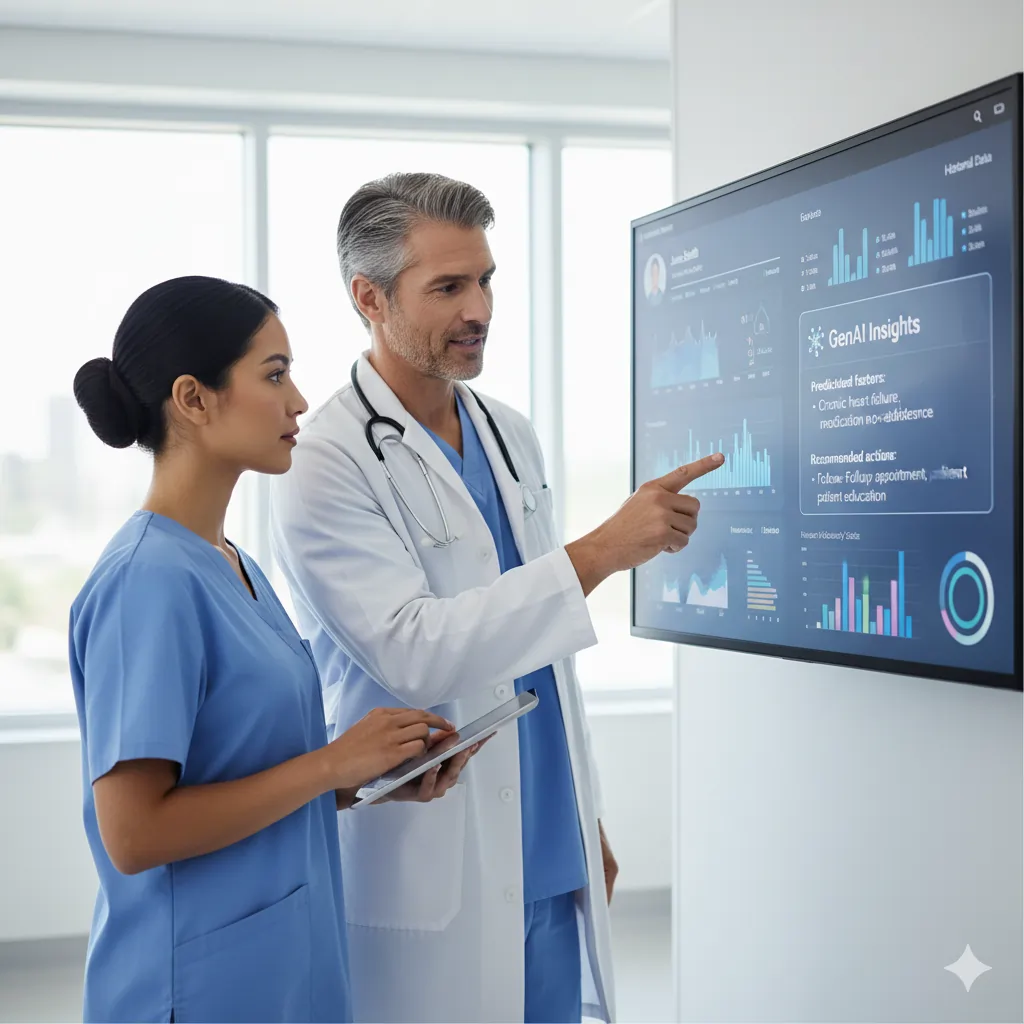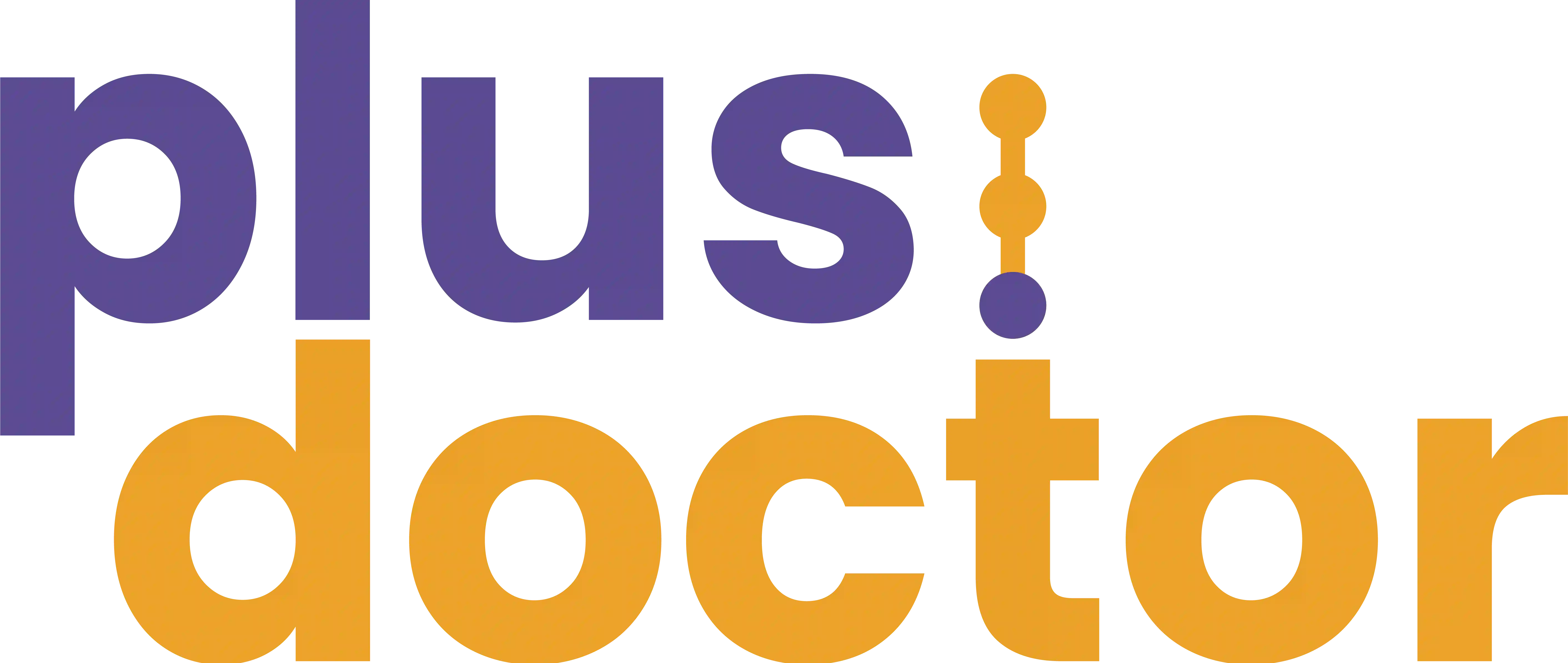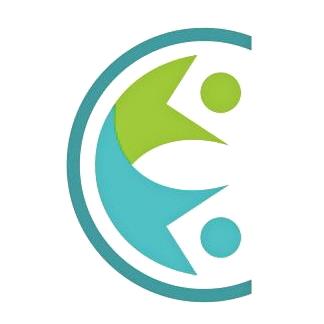Patient Risk Stratification Service using GenAI
Predicting Patient Risks with GenAI-Powered Insights
Doctors and care teams often struggle to determine which patients are more likely to fail or return to the hospital. Relying on manual reviews can be slow and sometimes misses the early signs that a patient needs extra attention.
A patient risk stratification service using AI-driven healthcare risk prediction helps detect risks at an early stage. It gathers data from patient records, lab tests, scans, and doctors’ notes to highlight patients who need urgent attention.
This GenAI-powered patient risk analytics service allows hospitals and clinics to act sooner, prevent complications, and focus care on patients who need it the most.
Share Your Requirements Now
Challenges in Patient Risk Stratification
Fragmented data and delayed insights make it hard to act in time
Why a GenAI-Powered Patient Risk analytics Service Helps
Clearer and faster insights to guide patient care
- Care teams can monitor patient risk in real time, helping them focus on those who need attention first.
- The service supports custom patient risk scoring models that match different conditions and patient groups.
- All data is managed in a HIPAA-compliant risk stratification platform, keeping patient information secure and private while making it easy to use.
- It uses GenAI models to process both structured information, such as lab results, and unstructured notes from doctors, to identify potential risks early.
- Our service brings together data from EHR, EMR, IoMT devices, and claims into one secure system for a complete view of patient health.


Benefits of Using a GenAI-Powered Patient Risk analytics Service
Proactive care that improves outcomes and efficiency
Start Predicting Patient Risks with GenAI-Powered Insights
Key Features of Our Patient Risk Stratification Service Using GenAI
1. Our service brings together data from EHR, EMR, lab tests, imaging, IoMT devices, and wearable devices into one secure system for a complete view of patient health.
2. It shows patient risk in real time, helping care teams keep track of high-risk patients and find gaps in care.
3. Clinical decision support with GenAI models study patient data to spot patterns and point out potential risks more accurately.
4. The system gives clear guidance to providers, helping them make decisions quickly.
5. Risk scoring tools can be adjusted for different diseases, patient groups, or hospital needs.
6. All patient information is stored securely and follows industry regulations.
7. The system for clinics, hospitals, and multi-site networks makes it easy to use for small and large care teams.
Why Choose Us for Patient Risk Stratification with GenAI
Trusted experience in healthcare AI and secure data management
Our team has strong experience in healthcare analytics and building patient risk prediction models.
We bring together data from multiple clinical sources in a secure way to give a complete view of patient health.
We provide solutions that fit each care team’s workflow and meet health regulations.
Our support covers everything from planning and model development to distribution and continuous monitoring.
We have a proven track record of helping care teams improve patient outcomes and manage costs effectively.
Let’s Build Smarter IT Solutions Together
Share Your Requirements Now

CLIENT TESTIMONIALS
What our clients say
What's New
Inside HealthTech

FAQs
01.What is a patient risk stratification service using GenAI?
It collects data from EHR, EMR, lab tests, imaging, and other sources and uses clinical decision support with GenAI to identify patients at higher risk.
02.How does it help care teams act faster?
It shows real-time patient risk monitoring patient risk, helping teams focus on patients who need care first.
03.Is patient data safe?
Yes. All information is secure and follows the HIPAA-compliant risk stratification platform.
04.Can it work in my hospital or clinic?
Yes. It fits small clinics and large hospital networks and works well with your care workflows using our hospital management software.
05.Does it support personalized treatment plans?
Yes. Teams can plan care based on each patient’s risk profile.










